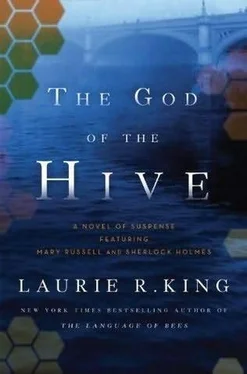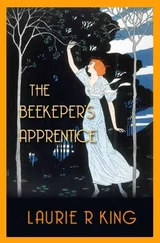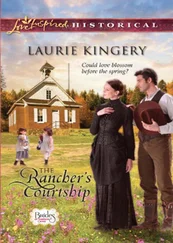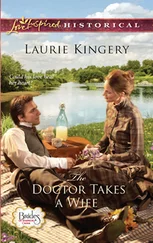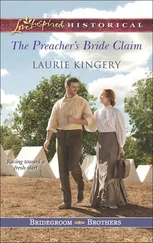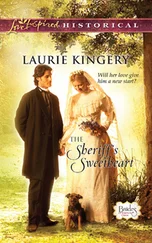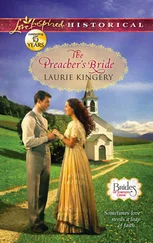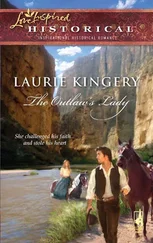Even then, even Before , his very soul-that Other whom he once was-had cringed from an officer’s relationship with the men in his command. Not through cowardice: He would risk life and limb to bring a man home, even one who was not going to reach the field hospital alive. But he would not lead them. He would not love them and comfort them and cajole them into the path of flying metal. He’d have put a lump of metal into his own brain first.
Are you frightened of anything, Mr Robert?
An omnibus paused between his toes, sucking up a row of tiny figures, evacuating others. The Son of Man could walk among those figures and go unnoticed, for to their minds, they were the gods. Modern gods, whose mighty commands rang down the telephone wires; who parted the waters with steamers and digging machines; who rained fire from the heavens over the poor cowering wretches in the trenches; who thundered rage in the engines of their trains and the blare of their motorcar klaxons.
Take away this cup, for I am afraid . If the Son of Man couldn’t talk his way out of what was coming for him, how could any other son of man?
A tiny dot of brilliant blue caught his eye, and he bent forward to watch it: a woman’s hat, a spot of defiant joie de vivre sailing the drab sea before it was swallowed by a shop.
With the bright spot gone, he became aware of the pull of the street, far below. Mad world, mad kings, mad composition! There was earth beneath the tarmac and tile, real earth, and its call was, ultimately, not to be denied. Who was to say it would not be today?
Without a doubt, the time had passed for men like him. The city below him was a machine, its people mere moving parts generating goods and money. Cold rationality had spread across this fair land: Its nobility were those who stole for good purpose. Which he could understand-gods made their own rules-but these took no joy in life. The gods of this England were film stars and dispensers of tawdry advice, and they embraced brittle frivolity rather than the deep and supple exuberance of woodland creatures. In this England, Ariel would wear a straight-jacket, Hamlet would be fodder for the gossip columns. Hadn’t he seen Oberon and Titania this very morning, aged and worn as the feather in his borrowed hat: a man and a woman, older than their years, sitting on a park bench in their cast-off overcoats and sharing a scrap of ill-cooked food? The king and queen of the fairy world, eking out their days amongst the wind-blown biscuit wrappers.
Goodman pulled the feather from his hat band. This primary flight-feather of Strix aluco had greeted him one morning outside his front door, a gift from the tawny lady whose home was in the old oak, whose voice often called to him at night. His fingers smoothed the barbs to order, but there remained a gap. One barb was missing. When had that happened? He worked at it with his fingertips, as if his flight from the roof-top depended on the feather’s perfection, but even with the barbules linked, there remained a hole near the shaft.
Are you frightened of anything, Mr Robert?
The hole in the owl’s feather was the shape of an elongated tear-drop. Turned slightly, it reminded him of the shape of a child’s eye. A half-Chinese child’s eye.
He shuddered, and let go the feather, leaning forward, forward until a gust of wind caught it, whipping it around the corner and out of sight.
A child’s eye.
Late November, in the depths of an eternal war, a war with no beginning, no end, only stink and muck and death. One rainy day all his men had been taken from him, and in exchange he had been given an ambulance filled with groaning bodies and a dead driver. And so he became Goodman and no longer had to be The Other who ordered his men into the bullets, and he drove like a demon to claw the bleeding away from Death.
Then in December, The Powers Above had decreed that a particular piece of ground must be won, a tiny hillock of no more importance than any other hillock won or lost over the past twenty-eight months. It was to be a surprise push. It was certainly a surprise to the citizens of a much-shelled village, trying to scrape a few potatoes from the liquid ground.
And a child. God only knew where her parents were-under a collapsed building, leaking into a field. But the child was there, a grubby thing in a too-short dress and a too-large hat who had climbed-or been placed-on a bit of surviving wall, where she kicked her heels and watched the parade of passing motors and horses; soldiers marching in one direction, soldiers staggering or being carried in the other.
No fear, no curiosity, just sitting and watching, hands in her lap, as if she’d been sitting and watching the whole of her young life.
One glance, and the passing soldiers and ambulance drivers could tell she was not right. A closer look, and Goodman had seen the almond curve to her eyes, the protruding tongue-tip that imparted a look of great concentration. She was what they call Mongoloid, what his mother-what The Other’s mother-had called one of God’s innocents. The child had sat there like a talisman for three trips to the Front, and then she was gone. The wall was gone. He drove two more trips before he stopped to see. The hat was there; she was not. She was not there all the way until dark, but that night she was back, her epicanthic eyes watching him, that night and a string of other nights. Once the battle had moved on a few miles, he returned to the village and found an old woman who knew of the child, who confirmed that the mother had died and the father was gone to war. The old woman did not know where the child was. He asked soldiers. He haunted the hospital tents. In the end he drove off in his ambulance, far down the line to where the French uniforms began, in pursuit of a rumour of troops who had adopted a mute orphan as their mascot. But it was not she.
Then he was arrested, and it was discovered that Goodman had been born on a battlefield when The Other had died. He expected to be lined up and shot, but word came of a medal, and as a favour to the French, they sent him to Craiglockhart instead. There he met Rivers, and told him, just a little, about the girl on the wall.
Only after, when he’d crawled off to Cumbria and found the old woodsman’s hut and let the land remake him, had she gone away, for good.
Until an aeroplane came at him out of the sky and gave birth to a very different child with the same almond-shaped eyes.
And now below him lay the child’s nest, her hive, the loud, confusing, cold-hearted world into which she had been born. She might appear a being that could not feel the touch of earthly years -Wordsworth’s children, again-yet in no time at all the shades of the prison-house would close in on her and she would grow up. There was nothing he could do to stop it. She could not live in a Cumbrian estate among the owls and the hedgehogs. Her people lay below him. In his pocket was the drawing her father had done, the child become a woman: That was her world.
Her world, not his: He had no place here. But because of a child with a certain shape to her eyes, he must try to see the life in the machine, to see the sweetness in what they produced. He must do what he could to make it a place worthy of her.
He wished he’d had time to talk to Mary Russell’s man about bees. The books in his bolt-hole suggested an interest in the creatures, yet this was a man who’d spent his life with the darkest side of the human race. Would he look between his feet at a city landscape and see a hive, or a machine? Would he behold the labours of his fellow man and see the sweetness of intellectual honey, or yet more machines in which they would enmesh themselves? The man’s eagerness to support his brother’s preoccupation with Intelligence-what a misnomer!-suggested the latter. Nonetheless, he was Estelle’s grandfather, and therefore worthy of assistance.
Читать дальше
